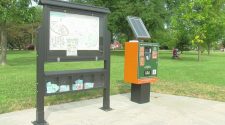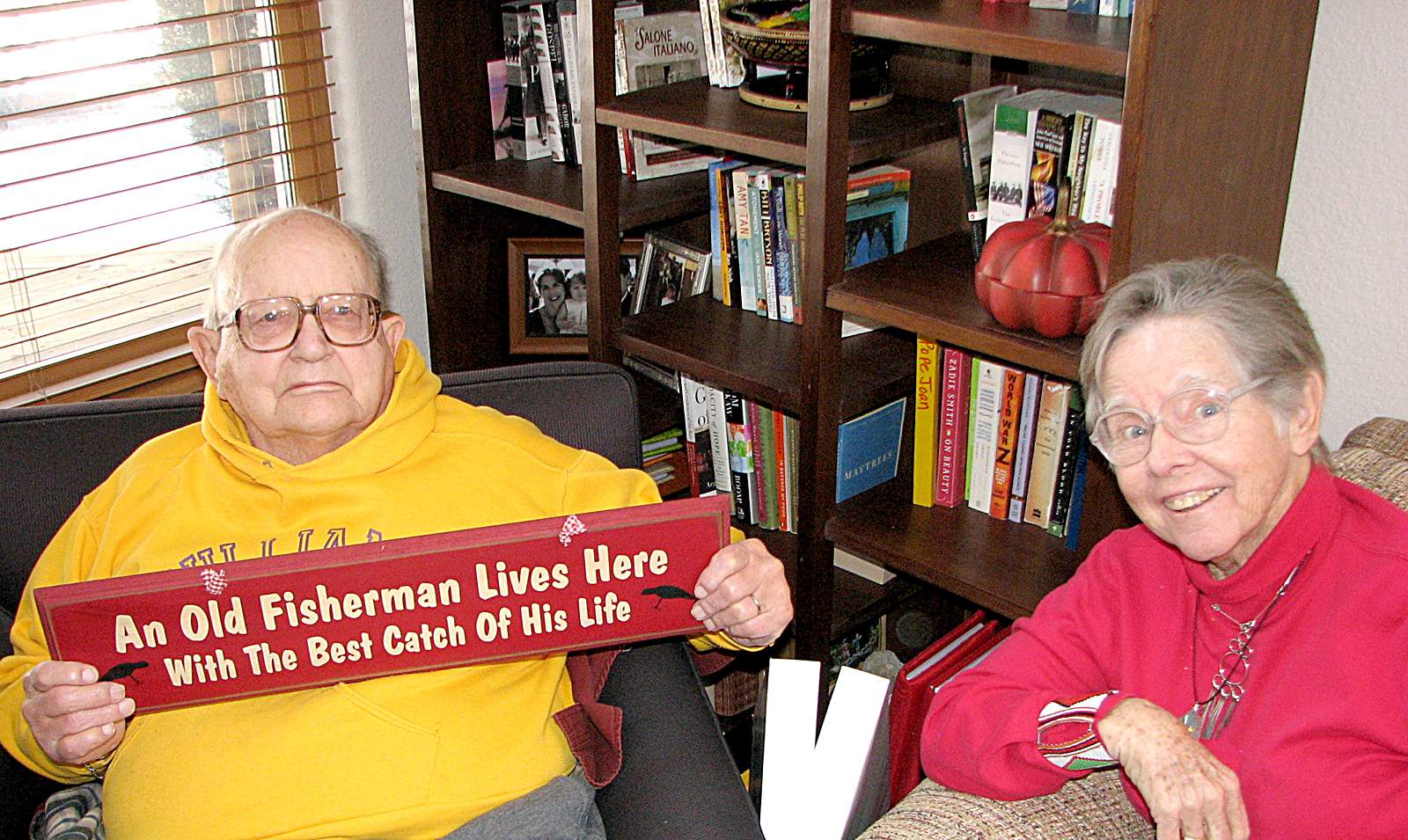Mary Ruth Bowman, who championed development of recreational facilities and parks in Durango and created the first health curriculum in Durango schools, died Wednesday at her house in Durango.
Bowman, 93, arrived in Durango in 1959 with her husband, Frank Bowman, who was hired to create the geology program at Fort Lewis College. Soon she became active in supporting recreational programs and the development of parks. She also was among the first group of woman to form the local chapter of the League of Women Voters.
But it was through her career in health that many Durangoans knew her. She started as a nurse at Mercy Hospital and eventually led the health services and health education program for Durango School District 9-R. Her work in health included a stint leading the Head Start program in La Plata County.
Her time at 9-R included starting the tennis team and swimming team at Durango High School.
“For years and years and years, people would come up to mom and, you know, talk about what they would remember – of course they had something because she was the one who taught them sex ed and similar kinds of interesting and kind of titillating kind of subjects,” said her son, Frank Bowman. “She wanted to bring in exciting things to illustrate the issues. To demonstrate how the lungs work, she would bring in an actual sheep lung. People still tell us about remembering that.”
Liane Jollon, right, executive director of San Juan Basin Public Health, discusses a 1950s photo with Mary Ruth Bowman during a celebration of the health department providing health service in Southwest Colorado for 70 years.
Jerry McBride/Durango Herald file
Longtime Durango health educator dies at 93

Frank Bowman said it was probably her work transforming the health education program at 9-R for which she was most proud.
“On her own really, she transformed the system so where there was a health education program in three different grades that she essentially ran and largely taught for many years. Those kinds of programs are now reasonably common, but they didn’t exist when she came and started that program.”
Developing the first health education program at 9-R was not only the matter of having the expertise and working on the curriculum – there were difficult political currents to navigate as well.
“There were a lot of people, sometimes in the school administration, that basically would have much preferred if Mrs. Bowman just sit down at the end of the hall and hand out aspirin instead of you know going around and talking about sex, and smoking and drinking and drugs and all these potentially controversial subjects, but you know she powered through and she managed to create a program that outlasted her,” Bowman said.
Long before Durangoans debated whether to sink $14-plus million into the rec center, a fight Bowman worked tirelessly in support of – Bowman was already a recognized advocate of investing in recreational facilities, parks and open spaces.
“When we came here, I don’t really know if there was much of anything (in recreational facilities) at all. She helped create and was a big supporter of the recreation department at the city.
She helped create the original parks and recreational advisory board for the city.
Before she served as DHS tennis coach, she had privately taught hundreds of Durangoans to play tennis giving private lessons.

Mary Ruth Bowman serving as a public health nurse in North Carolina during World War II.
Courtesy of Frank Bowman
Longtime Durango health educator dies at 93

“She was always pressing the city to invest in the future particularly for anything that involved athletics and recreation,” Frank Bowman said. “For a lot of years, she was really at the center of efforts to make Durango a place where the public at large would have great recreational facilities year-round because she always believed it was essential to health and she also believed that it was the kind of thing that brought communities together in ways that few other things could do.”
Frank Bowman mentioned her long involvement in the League of Women Voters and her efforts to involve woman in politics was another important part of his mother’s life.
“She was – if not the first, certainly one of the first, but I think she was the first, women probably ever to run for office. She lost both times she ran. She was a path break there. And again, we’re talking about – we got here in the late 50s and the early 60s – and women were just not thought of as people who had an equal role in public life or certainly coaching or heaven knows how many other things that mom ultimately did. You know she just brushed all that stuff aside. She just did it.”
Many Durangoans will remember Bowman for the annual haunted house she and her husband would create in the first floor, and sometimes the second level as well, of their two-level house on Butte Circle.
“The neighborhood kids would come in, and everybody would have a role. They’d be lurking in the dark to jump out at you and yell ‘boo’ and all that kind of stuff,” Frank Bowman said.
Longtime Durango health educator dies at 93

Bowman was also known for wearing a variety of hats – from ludicrous to stylish – around town. Bowman estimates his mother’s closet contains some 250 different hats.
Initially, her passion for hats started as an effort to get a message through to students at 9-R about the dangers of alcohol – from drinking and driving to alcoholism. For her presentations she would wear a hat knitted together from cut up beer cans.
“When she went in to give talks to students about alcoholism, or drinking or drinking and driving or what not, she’d wear these silly knitted together beer can hats. And really for the rest of her life, probably the next 30, 40 years her signature was her hats … People would come back, friends of hers for years, and also her family, they would go to foreign countries and they would pick up weird hats in foreign countries and deliver them back to mom.”

















